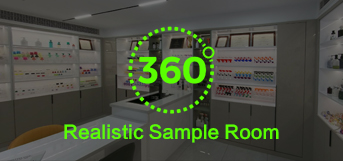Development status of vacuum pump distribution system
Since the 17th century, suction or suction pumps have existed, and vacuum packaging technology originated in the 1940s. Since the successful application of plastic film to vacuum packaging of commodities in the 1950s, vacuum packaging technology has developed rapidly.
In order to cater to the trend of natural and preservative-free cosmetics on the market, the use of cosmetic vacuum packaging has increased significantly in recent years. V súčasnosti, the cosmetic vacuum packaging market is obviously dominated by vacuum pump distribution systems, of which vacuum bottles account for most of the share, and vacuum pump hoses have also occupied a lot of share in the vacuum packaging market in the past few years.
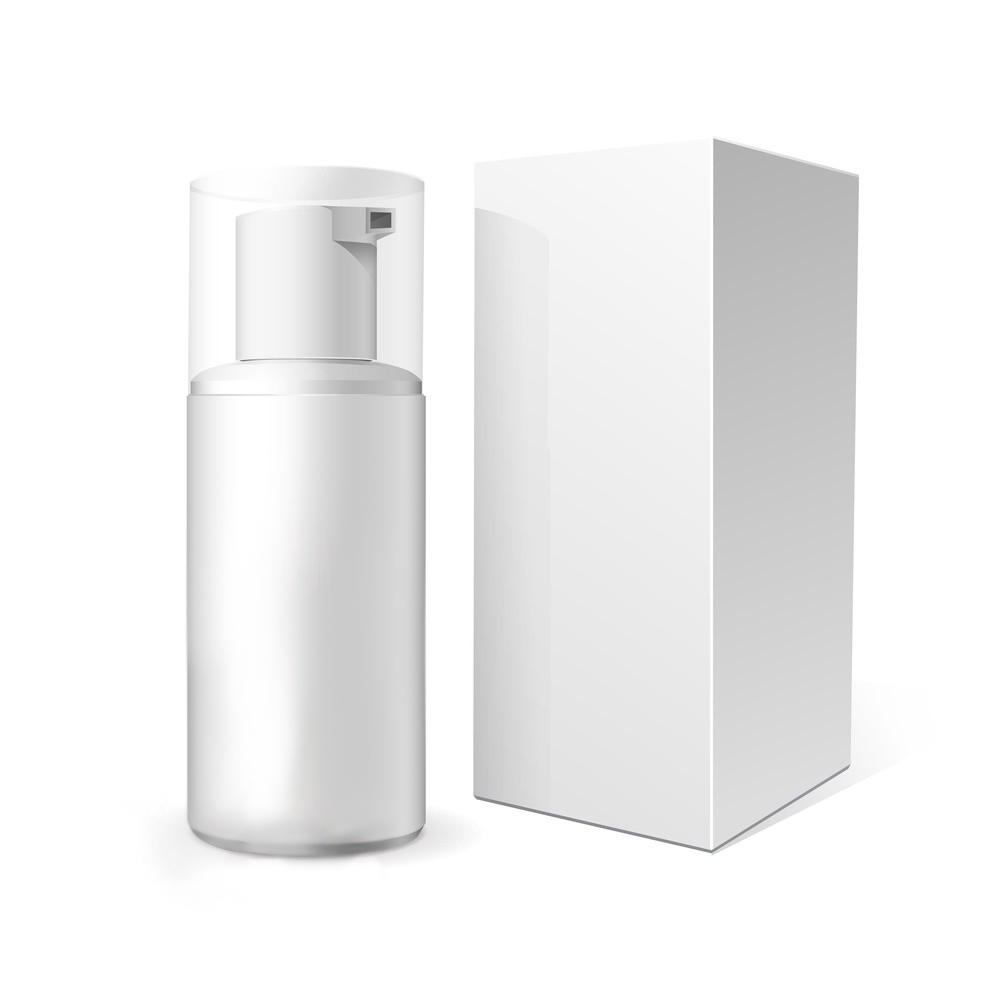
The demand for the vacuum pump distribution system is driven by the innovation of cosmetic packaging materials companies, the product positioning of brand companies and the innovation of formulas. V posledných rokoch, we have seen more complicated structures and shapes than before, and more customized airless bottles, giving terminal brands more choices. Another major trend is the use of high-end materials and decoration techniques. Some domestic cosmetics companies pay great attention to the attractiveness of packaging to consumers in terms of brand repositioning. In addition, foreign high-end brands also focus on high-end double-layer airless bottle products made of materials such as PMMA, supplemented by beautiful exterior decorations, to create brand luxury connotations. Of course, choosing vacuum pump products is an inevitable choice for some skin care products. V súčasnosti, brand cosmetics companies are constantly introducing natural and preservative-free formulas. These formulas are very sensitive. Vacuum pump products can solve these problems very well.
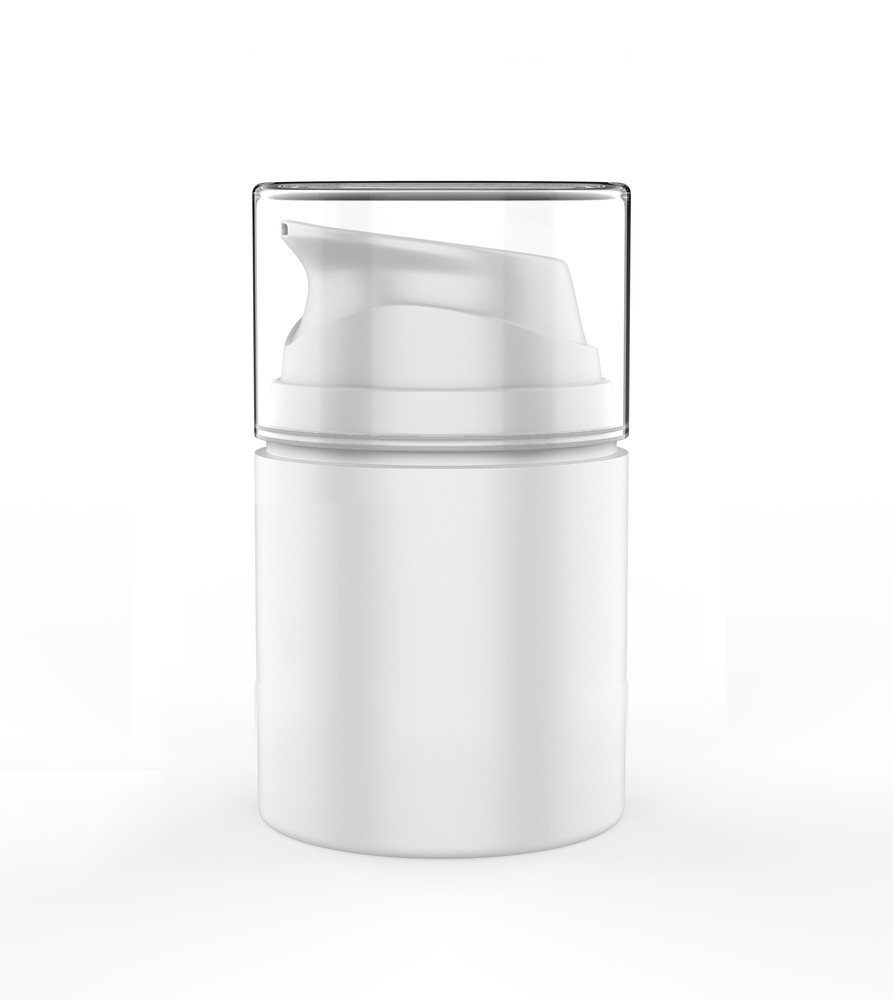
Sustainability is another hot spot in the packaging industry. Whether the product packaging is environmentally friendly is also a scale for large brand companies to choose packaging. Natural formulas and skin care brands that contain almost no preservatives are the main buyers of vacuum pumps. Avšak, due to the complex structure of their products, it is often difficult for vacuum pump products to be completely environmentally friendly. Providers of vacuum pump packaging solutions have been working hard to optimize product structure, reduce the number of parts, use more environmentally friendly and recyclable plastics, and discard metal springs to make products more environmentally friendly. One of the best has designed a fully recyclable all-plastic vacuum pump, which has been favored by many international brands.
The rapid development of cosmeceuticals has also promoted the innovation and development of vacuum pump distribution systems. The cosmeceuticals category is usually divided into 3 big pieces, skin care, hair care and others. The cosmeceuticals market has been growing steadily since 2004. Many skin care products often choose airless bottles or vacuum hoses due to their formulations.
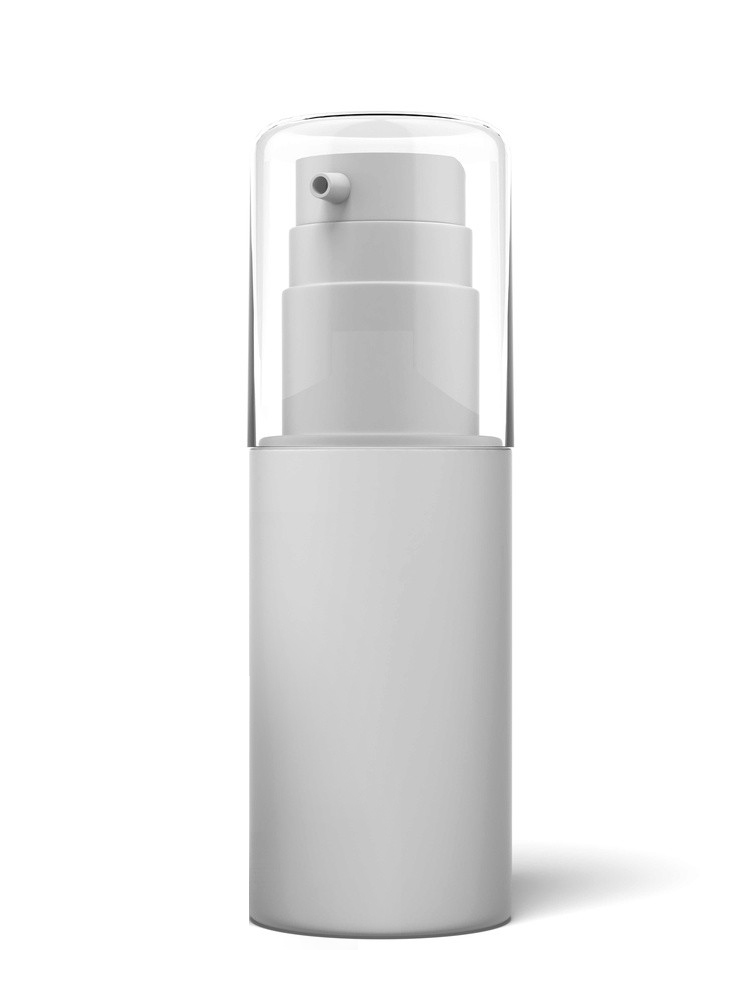
Other innovations in vacuum pump distribution systems cannot be ignored. Such as: 1. The specially designed applicator head and the ergonomically designed metal applicator head are made of zinc alloy, which gently massages the delicate eye area and gives the skin a cooling sensation. 2. Airless bottles inspired by fabric, including embroidered lace and artificial leather designs. This stylish appearance is obtained by combining different decoration techniques, such as hot stamping, thermal transfer and screen printing.
Advantages and applications of vacuum pumps
Whether it is a vacuum bottle or a hose with a vacuum pump structure, it has obvious advantages over the traditional suction pump core.
1. The biggest advantage is that the vacuum pump can protect sensitive formulas from oxidation, contamination and deterioration during packaging, storage and use. Skin care products are generally produced, packaged and filled in a sterile environment, including the vacuum pump distribution system, which truly protects the formula in the whole process and effectively extends the shelf life of the formula.
2. 360° all-round use, including inverted use. It is completely unaffected by location, environment, and usage, effectively improving the consumer’s experience and catering to market needs.
3. Accurate measurement and small residual quantity. The designed vacuum pump has a precisely metered ejection volume, and the residual volume can be almost ignored, which greatly reduces waste.
4. Keep the color, taste and viscosity of the product formula unchanged. The vacuum pump distribution system can effectively isolate the air, has good resistance to oxygen permeability, and protects the contents from leaving the factory to the consumer.
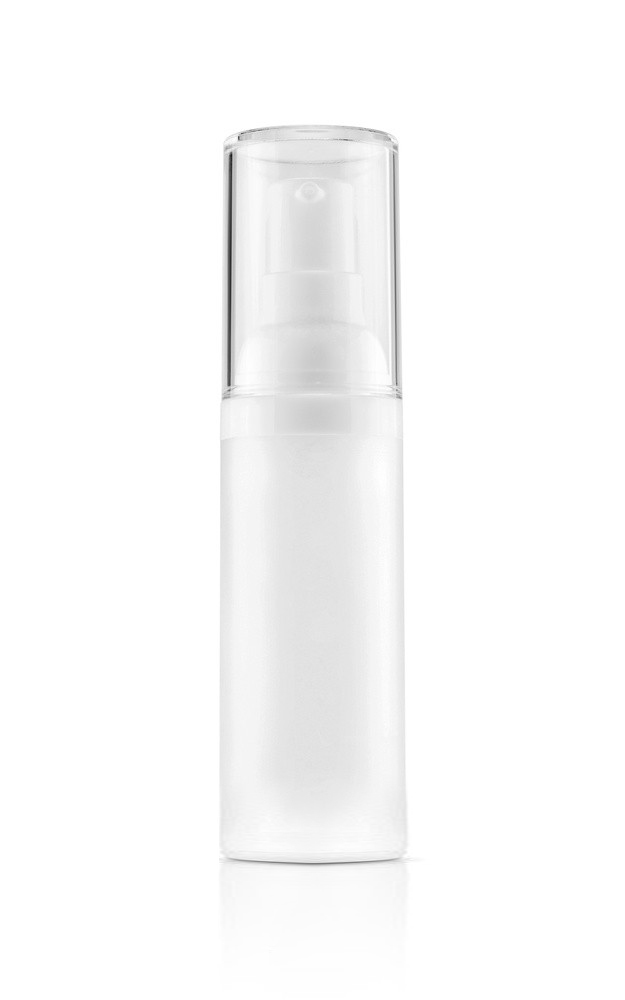
Vacuum pump distribution systems are widely used in the cosmetics skin care industry. Almost every cosmetic terminal brand has launched customized packaging of vacuum pump distribution systems, such as moisturizing, sunscreen, whitening and other functional products. Another major application of the vacuum pump distribution system is in hair care products. A Korean brand launched a 300ml air conditioner airless bottle packaging. The specially designed airless bottle packaging is used in Colgate’s high-end toothpaste products. As the vacuum pump distribution system is gradually recognized and accepted by various terminal brands and consumers, the application prospects of the vacuum pump distribution system will become wider and wider.
Classification and structure description of vacuum pump distribution system
There are three common types of vacuum pump distribution systems, which are all developed on the basis of vacuum pump heads. The bottles are different in structure, and the vacuum pump distribution effect is realized in different ways:
01.Piston airless bottle
V súčasnosti, the piston type airless bottle is the most widely used and the appearance effect is also the best. Its main structure is divided into two parts:
One part is the vacuum pump head. There are many classifications of vacuum pump heads according to their different structures. Among them, the most common are the internal spring type and the external spring type structure. These two types achieve good sealing performance, but involve complex structures and many accessories. In addition, there are silicone pump cores and all-plastic airless bottles.
The other part is the bottle. The bottle is equipped with a piston that can move upwards, and the piston is well sealed with the inner wall of the bottle. After the contents are filled, the piston rises with the dosage of the contents during use.
02.Vacuum pump hose
The use of a vacuum pump head to replace the traditional folding cap and the hose’s characteristic that the hose will become flat after the liquid is squeezed out. While maintaining the original appearance, with the vacuum pump head, it can provide consumers with more accurate metering, less liquid residue, and 360° full The vacuum pump can be used only when the azimuth is used, and it gives a sense of high quality that goes beyond simple squeeze hoses and enhances brand value.
03.Inner capsule airless bottle
It has a relatively small share in the vacuum packaging market. The inner-capsule airless bottle is composed of a two-layer blow-molded bottle with a vacuum pump head. The blow-molded bottle is divided into an outer rigid bottle and a soft inner layer similar to a soft PE bag. When the content product is squeezed out by the vacuum pump, the inner bottle shrink. This type of two-layer blow molding bottle is technically difficult, and the cost is higher than that of the piston airless bottle. The advantage of the inner capsule airless bottle is mainly the high degree of freedom in bottle shape design, which is not affected by the circular or elliptical shape of the piston airless bottle. Restrictions, provide more choices for packaging design.










